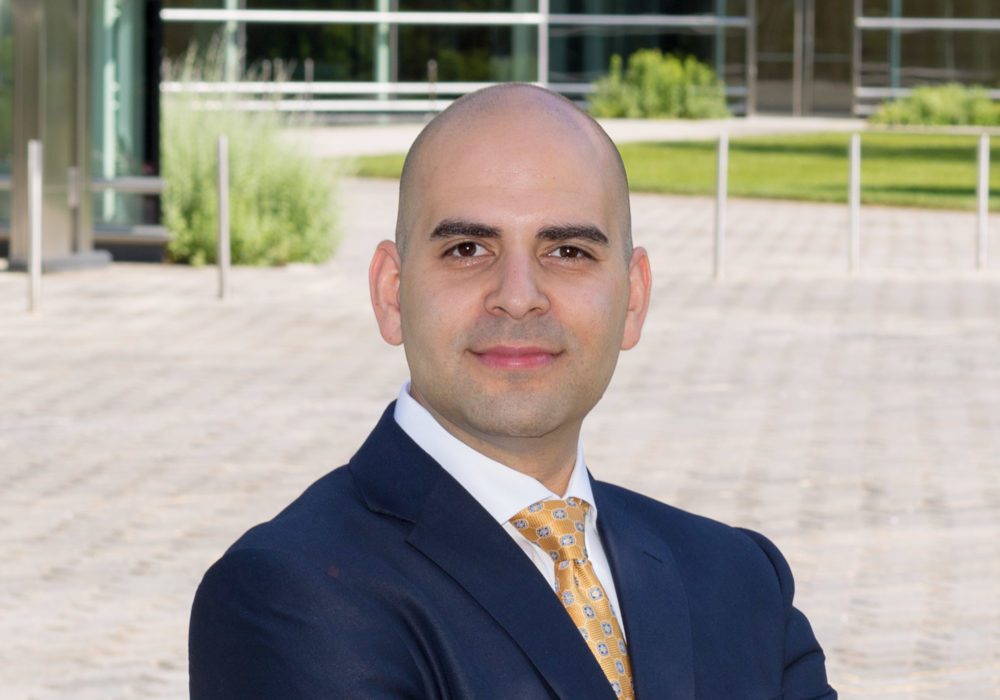Our guest blogger this month is Pedro Pereyra (GEMBA ’17).
Similar to many others around the world, my team was suddenly thrown into a crisis when the coronavirus pandemic began last year. At the time, I was leading the global financial analysis team at a consulting company, and the demands on the team significantly increased as the economic uncertainty required more scenario planning and proactive analytics to understand the impact of the various ways the year would eventually unravel.
Effective communication is absolutely paramount to leading successfully. The way a leader communicates can affect the energy and mood of an entire team. Equally important, a strong leader connects ideas and perspectives, especially from an external standpoint using inputs outside of the company’s internal networks. A pandemic made all of this very challenging.
The disruption to normal communication channels added to the increased workload. No more wandering into someone’s office to check on their well-being, having side conversations that spark new ideas or bumping into colleagues from other departments at the water cooler. The pandemic compromised my normal communication and networking channels. Hence, I started feeling that there was a communication bubble that was quickly becoming stale. I knew that I needed a new perspective to lead effectively during this crisis.
Executive Coaching Helped Me Solve a Crisis but Led to Much More
I was initially introduced to executive coaching as part of Darden’s Global Executive MBA program. I had a great coach that helped make it a very positive experience. A former classmate had recently worked with Darden Alumni Career Services (ACS) with great success, so it quickly became clear to me that a Darden executive coach could be a great resource to help me refine my leadership style, while also providing an impartial ally that could help me talk through the challenges I was facing.
ACS paired me with a brilliant executive coach. The experience was more a guided exploration than a consulting engagement. There was no explicit instruction on how to solve problems. All coaching sessions were about reflecting on a specific challenge and exploring alternative solutions through my coach’s questions. The structured sessions with an experienced professional offered me a time to reflect and enabled me to better connect the dots and accelerate my decision-making. More importantly, executive coaching kept me accountable and helped push me beyond familiar limits.
The executive coaching sessions were extremely valuable in helping me communicate and network better during this global crisis, and the experience provided other positive results, as well. While my coach helped to focus our conversations around specific goals, I found that serendipity was also part of the exploration and discovery process. As I worked toward solving challenges in each of our conversations, I often found unexpected solutions to different issues that I had been grappling with but not actively trying to solve. For me, the reflection and discussions provided benefits that went beyond the initial objectives and measurable outcomes. As coaching helped me elevate my leadership profile, new opportunities also started to arise. I was offered more interesting projects, my contributions were more impactful and career opportunities kept expanding.
It’s not necessary to wait for a major crisis to connect with an executive coach. The process of guided reflection alone can be an invaluable tool to deepen your professional exposure and experience. In Where Good Ideas Come From, Steven Johnson makes the case that ideas don’t happen in isolation; some of the best ideas come from interacting with a diverse group of people. He says that “chance favors the connected mind.” In the paradigm of social distancing combined with new ways of working, Darden ACS executive coaches can be an invaluable resource for someone seeking to chart a more effective course to accelerate their professional growth and deepen their leadership capabilities.





